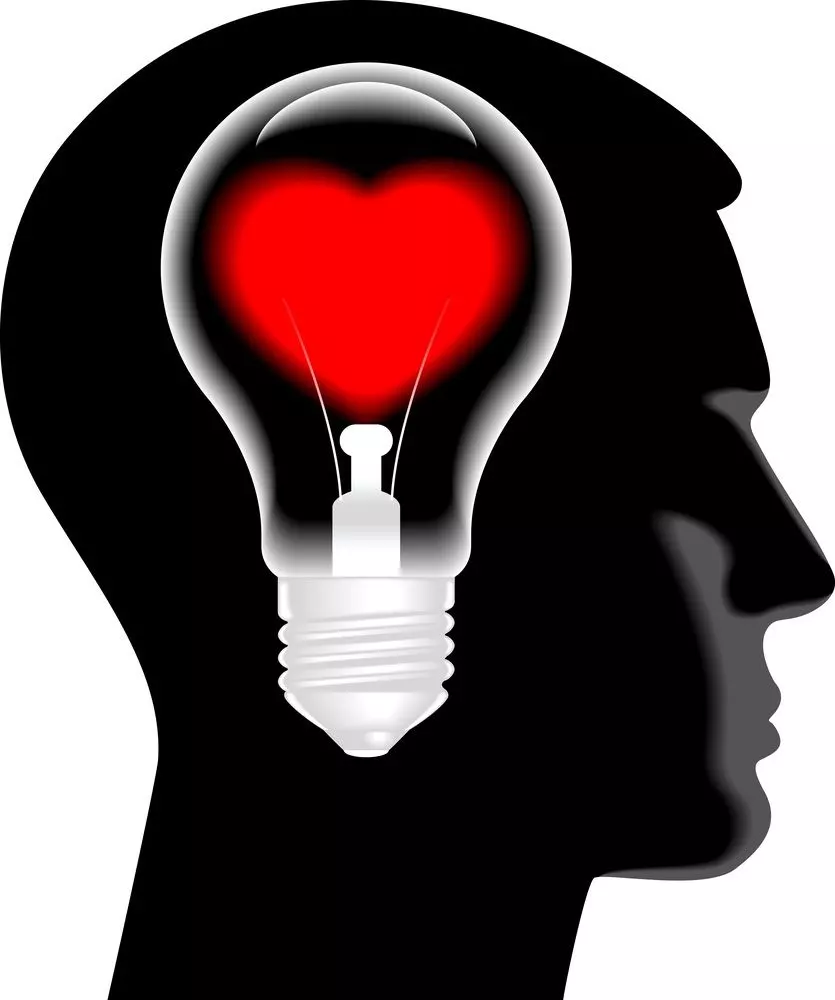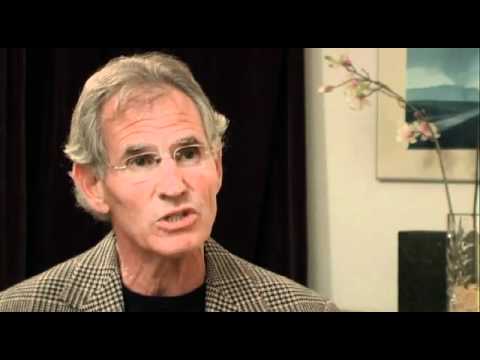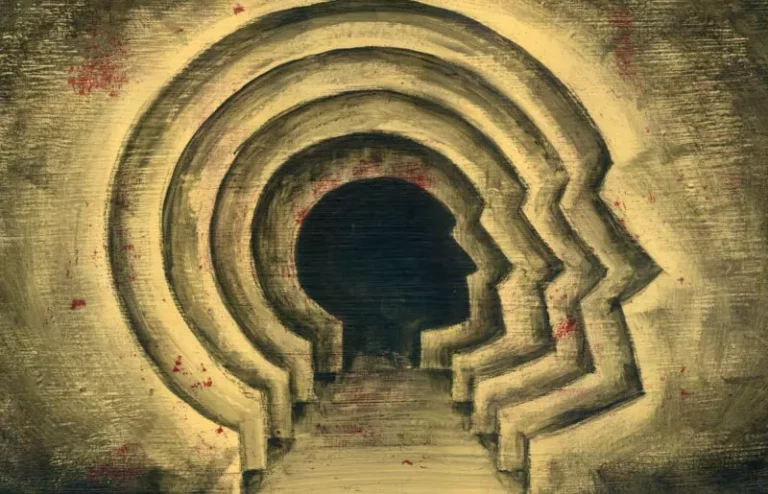“Meditation is not a means to an end. It is both the means and the end.” ~ Jiddu Krishnamurti
Mindfulness meditation has been around for literally thousands of years, and there’s a reason for that: it works. Through science we’re starting to get a better understanding of why it is so beneficial. Everyday more research is drawing a clearer link between meditation and human health.
Its effect on our mind body and soul is undeniable. People as diverse as David Lynch and the Dalai Lama have praised the benefits of mindful meditation, asserting that it can increase attention, combat stress, boost overall health, and even foster compassion.
With that in mind, here are five interesting health benefits of mindful meditation.
1.) Stress & pain relief:
“What we have to learn in both meditation and in life is to be free of attachment to the good experiences and free of aversion to the negative ones.”~ Sogyal Rinpoche
A new study in the journal Health Psychology shows an association between increased mindfulness and decreased levels of the stress hormone cortisol. Another study conducted by Wake Forest Baptist University found that meditation could reduce pain intensity by 40% and pain unpleasantness by 57%, compared to morphine which only shows pain reduction of 25%.
As such, it lowers anxiety and depression by helping us feel, more than think, about that which conflicts us psychologically. Anybody who has practiced mindful meditation long enough understands that meditation beats almost all other methods of stress relief, except maybe physical exercise.
This is because being present with that which stresses us out turns the tables on the push-pull power dynamic between our daily troubles and our ability to withstand them. In the quiet spaces between our thoughts, stress itself becomes a thing for us to embrace and understand as opposed to a thing that controls us and dictates our happiness.
2.) Increased Gray Matter & Neuroplasticity:
“It is likely that the observed larger hippocampal volumes may account for meditators’ singular abilities and habits to cultivate positive emotions, retain emotional stability, and engage in mindful behavior,” ~ Eileen Luders
We don’t have to be Yogis to reap the health benefits of mindful meditation. It turns out that our brains are being molded in profoundly beneficial ways by daily meditation practices. In 2008 a team of researchers from UCLA compared the brains of long-term meditators with those of control subjects.
In the brains of the meditators, they found larger volumes of gray matter in the right orbito-frontal cortex and the right hippocampus, regions thought to be implicated in emotion and response control.
Sustained meditation can also lead to something called neuroplasticity, which is defined as changes in neural connections and synapses, both structurally and functionally, which are due to changes in behavior and environment.
Research by University of Wisconsin, neuroscientist Richard Davidson on Tibetan Buddhist monks has shown that experienced meditators exhibit high levels of gamma wave activity that seem to reflect the impact of meditation on attention and synchrony of high-frequency oscillations that probably play an important role in connectivity among widespread circuitry in the brain.
3.) Increased Focus:
“Meditation is not a way of making your mind quiet. It’s a way of entering into the quiet that’s already there – buried under the 50,000 thoughts the average person thinks every day.” ~ Deepak Chopra
Have you ever wonder why meditation can make you feel more aware of yourself, others, and your environment, giving you that awesome sense of Zen? How we begin to notice details and textures that we never noticed before? How everyday life becomes clearer, sharper, and at the same time more spacious?
According to a study in the journal Frontiers in Human Neuroscience, it’s because meditation helps the brain to have better control over processing pain and emotions, specifically through the control of cortical alpha rhythms, which leads to focused engagement, body awareness, self-awareness, and the regulation of attention.
It even makes music sound better! According to a study in the journal Psychology of Music, meditation improves our focus, thus helping us to truly enjoy and experience what we’re listening to. Indeed, from Beethoven to Bon Jovi, Bach to Beck, mindful meditation seems to improve our enjoyment of music. Perhaps this is what Nietzsche was referring to when he wrote, “Without music, life would be a mistake.”
4.) Increased Empathy:
“I believe that reading and writing are the most nourishing forms of meditation anyone has so far found. By reading the writings of the most interesting minds in history, we meditate with our own minds and theirs as well. This to me is a miracle.” ~ Kurt Vonnegut
Spiritual traditions have suggested for years that mediation may boost our ability for compassion, but there has never been any scientific proof – until now. It turns out that the benefits of mindful meditation can be accessed by non-meditators as well. This is because meditation can actually make us better people and improve our compassion for others.
According to a study in the journal Psychological Science, researchers from Northeastern University found that meditation is linked with more virtuous behavior. “The truly surprising aspect of this finding,” researcher David DeSteno said, “is that meditation made people willing to act virtuous – to help another who was suffering – even in the face of a norm not to do so.”
Couple these findings with the discovery of mirror neurons, which constitutes our powerful system of empathy, and we see exactly how influential we can be as social creatures. When we see another person suffering, we can feel their suffering as if it is our own.
When we’re able to think more deeply about what others are going through, it can lead to some profound learning. “Mirror neurons,” writes Lea Winerman, “are a type of brain cell that respond equally when we perform an action and when we witness someone else perform the same action.” Daily Mindful meditation on these neural correlates of empathy could have a profound effect on our evolution as social animals.
5.) Better Sleep
“Sleep is unconscious meditation. Meditation is conscious sleep. In sleep we get limited energy. In meditation we get abundant energy.” ~ Anil Kumar Singh

Have you ever wondered why you seem to sleep better when you consistently practice mindful meditation?
According to a 2013 University of Utah study, mindfulness meditation can not only help us better control our emotions and moods, but it can also help us sleep better.
Study researcher Holly Rau said in a statement, “People who reported higher levels of mindfulness described better control over their emotions and behaviors during the day. In addition, higher mindfulness was associated with lower activation at bedtime, which could have benefits for sleep quality and future ability to manage stress.”
Meditation practices were also reported to regulate cortisol and catecholamine, and increase melatonin levels. Meditation increases melatonin concentration by slowing its metabolism in the pineal gland.
Diurnal melatonin levels were found to be significantly higher in Vipassana meditators than non-meditators, concluding that meditation practices could enhance melatonin levels and hence quality of sleep. Perhaps this is what the Dalai Lama was referring to when he said, “Sleep is the best meditation.”
Isn’t that fascinating, make sure you take a few minutes each day to enjoy these benefits of mindful meditation!
Research
Benefits of meditation – reduces stress hormones
Research on Meditation and Gray matter
Benefits of Mindful Meditation – processing pain and emotions
Effect of Meditation on the brain
Image Source:
Meditative Tranquility
Breathe in; Breathe out
Empathy on the Brain
Meditation and Sleep
Meditation Universe























